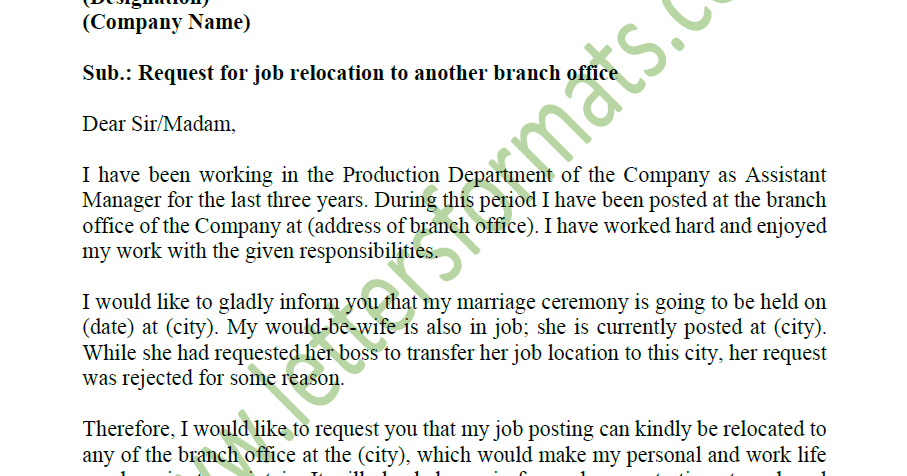
It can be difficult to tell the truth when you're asked why you quit a job. These are just a few ways that you can answer the question without frightening recruiters. You should also consider framing your response to avoid scaring the recruiter off.
Answering questions about why you quit your job
You should prepare an honest answer to any interviewer asking you why you quit your last job. However, you should not lie or mention the negative aspects about your last job. It doesn't suffice simply to say you quit because there were poor working conditions, low wages. They want to find out why you quit voluntarily, or why you were laid off.
You must convince the interviewer that your reasons for leaving the job are genuine. You should not say that you quit your previous job to be a beekeeper. This is not a valid reason, especially if it's a job that suits your skills and experience. The interviewer should be convinced that your reasons are real and that your skills meet the requirements for the job.

Avoiding lying in an interview
In an interview, lying can have serious implications for future job opportunities and your hiring history. The interviewer will determine if you lie, regardless of whether it was intentional. You can also hurt your reputation in your industry. If you have a bad reputation you might not be able to find work or network with others. As a result, it is better to refrain from lying in an interview if you want to increase your chances of landing a new job.
It is best to admit your weaknesses in interviews to avoid lying. Most people won't admit to being poor at a particular skill and it would appear that they were lying. But you can admit that your preferred mode of transportation is solo and that you don’t enjoy working alongside people. It's okay to tell a little white lie, but it's not wise to lie about your teamwork skills.
After leaving a position, it is important to prepare for a job interview
It is normal to feel anxious and overwhelmed after you leave your previous job. However, there are things that you can do. You must keep a positive mindset. It is important to highlight the positive aspects of your previous job and to explain why you are excited to start a new position. It is also important to avoid being emotional about leaving your last job, especially if you are going to be asked questions about the reasons why you left your last position.
The interviewer is looking to see your ability as a team player and adaptability. Keep in mind this. Employers often notice inconsistencies and will pick up on them. If you mention how much you learned in your last job and now want to take on more responsibility, this is a good example. It may be worth considering a course to help you prepare for interviews.

To avoid scaring recruiters, frame your answer
You should have a prepared response in case you are asked why. While it's important that you're honest, it's also important not to give an answer that shows a lack motivation or negative feelings. Instead, list at minimum three reasons why your job was terminated.
The interviewer doesn't want to hear that you left the job because it's not a good fit, and they'll be looking for soft skills and positive experiences. If your answer sounds too negative or shows that you're not passionate about the job, you'll likely scare the recruiter away. Your answer is likely to make a first impression on potential employers.